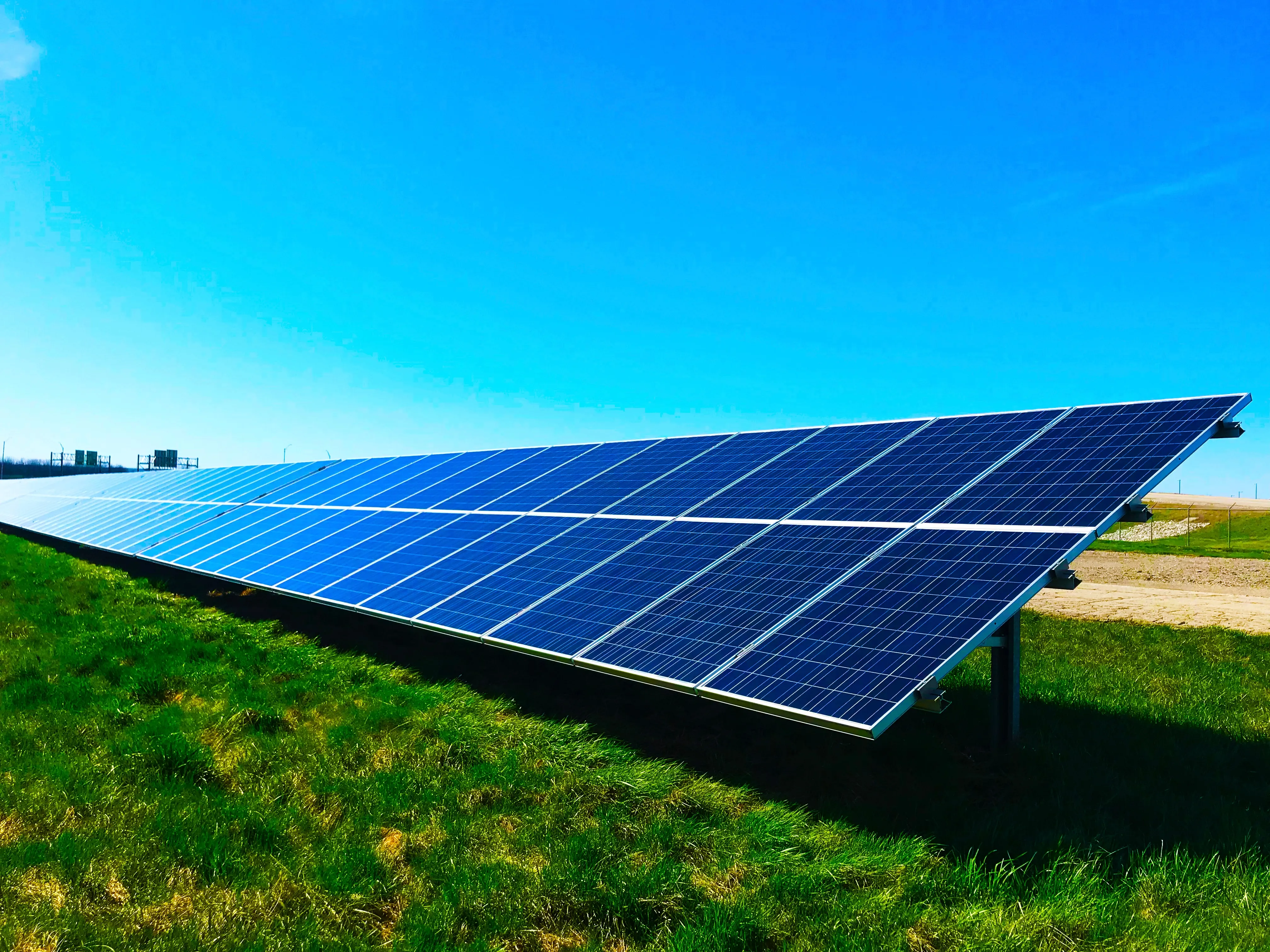Integrating Renewable Energy into Your Farm Operations
Discover the transformative power of renewable energy in agriculture with our in-depth blog post. Explore how solar, wind, and biomass can revolutionize your farm operations, offering both environmental and economic benefits. Learn practical steps for implementation and understand the impact of sustainable energy in farming. Ideal for farmers near Bangalore and beyond seeking eco-friendly solutions. Dive into a future of sustainable and profitable farming with Vriksha Farms.

Introduction:
In the dynamic landscape of modern agriculture, the integration of renewable energy sources has emerged as a pivotal strategy for sustainable and forward-thinking farmers. As we look to the future, finding innovative ways to power our farms not only reduces environmental impact but also offers economic advantages. In this blog post, we will delve into the key aspects of integrating renewable energy into your farm operations, shedding light on its benefits, implementation, and its profound implications for the agricultural community. For those considering this transition, understanding how renewable energy aligns with your farming practices can be a transformative step towards a more sustainable and profitable future.
Renewable Energy in Agriculture: A Paradigm Shift
The incorporation of renewable energy into agricultural practices marks a shift towards greater self-reliance and environmental stewardship. Solar, wind, and biomass energy are at the forefront of this revolution, offering diverse and accessible options for powering farm operations.
The Solar Solution
Solar energy, harnessed through photovoltaic panels, stands as one of the most accessible and widely implemented forms of renewable energy on farms. The benefits extend beyond powering structures and equipment; solar energy can be stored or integrated into the grid, potentially leading to energy independence and even revenue generation.
Winds of Change
For farms situated in areas with consistent wind patterns, wind turbines represent a powerful option. These structures harness wind energy and convert it into electricity. Wind power can be an excellent complement to solar, ensuring a continuous and reliable energy supply.
Biomass Brilliance
Biomass energy involves utilizing organic materials such as crop residue, manure, or dedicated energy crops to generate heat or electricity. This approach not only provides a sustainable energy source but also effectively manages organic waste, offering a double benefit for environmentally-conscious farms.
Implementing Renewable Energy Solutions: A Step-By-Step Guide
- Energy Audit and Needs Assessment: Before embarking on a renewable energy project, conducting an energy audit is crucial. This assessment identifies current energy consumption patterns and helps determine the size and type of renewable energy system needed.
- Selecting the Right Technology: Choosing the most suitable renewable energy technology for your farm depends on various factors, including location, climate, and available resources. This decision impacts the system's efficiency and long-term benefits.
- Financial Considerations and Incentives: Investigate available incentives, grants, and tax credits for renewable energy projects. These can significantly offset initial costs and enhance the return on investment.
- Integration and Infrastructure: Proper installation and integration of renewable energy systems are critical for optimal performance. Engaging with experienced professionals ensures seamless incorporation into existing farm operations.
- Monitoring and Maintenance: Regular monitoring and maintenance are vital for maximizing the efficiency and longevity of renewable energy systems. Proactive care ensures that your investment continues to deliver sustainable benefits over time.
Key Takeaways:
Integrating renewable energy into your farm operations represents a forward-looking approach that aligns economic prosperity with environmental responsibility. By harnessing solar, wind, or biomass energy, farmers can significantly reduce their carbon footprint, achieve energy independence, and even generate revenue. Through careful planning, technology selection, and ongoing maintenance, the transition to renewable energy can be a transformative step towards a sustainable and profitable future.
Conclusion:
As the agricultural landscape continues to evolve, embracing renewable energy is not only an environmental imperative but a strategic investment in the future. By integrating solar, wind, or biomass energy into your farm operations, you not only reduce reliance on conventional energy sources but also position your farm at the forefront of sustainable agriculture. The benefits are manifold - from cost savings to environmental stewardship. Embrace the power of renewables, and take a decisive step towards a greener, more prosperous future for your farm.
At Vriksha Farms, we're not just cultivating land, we're sowing the seeds of a sustainable future. Our commitment to responsible agroforestry ensures that every farmland plot we develop thrives with eco-conscious practices. Whether you're interested in investing in managed farmland, seeking a retreat from urban life, or aspiring for a more environmentally conscious lifestyle, Vriksha Farms offers a unique opportunity.
